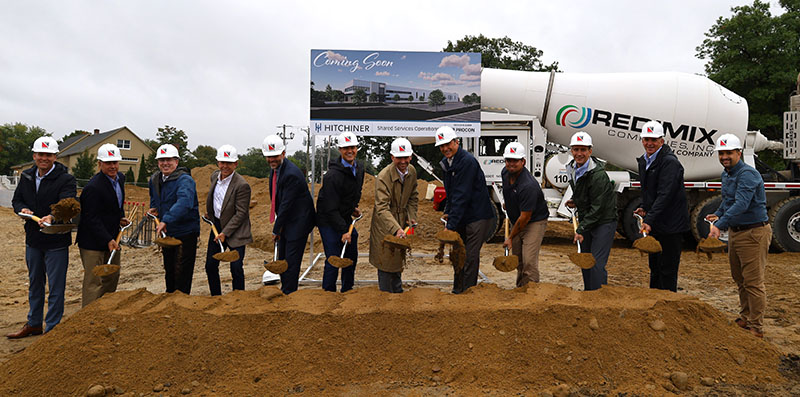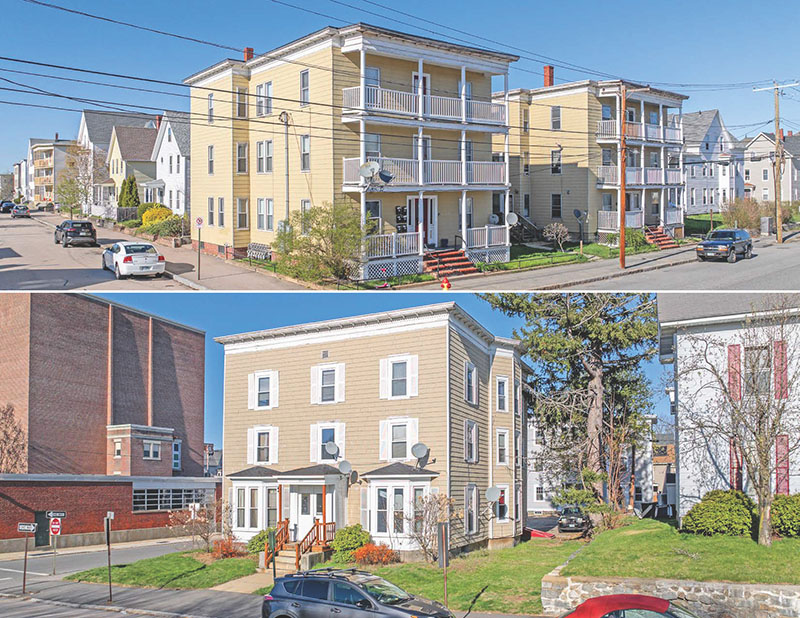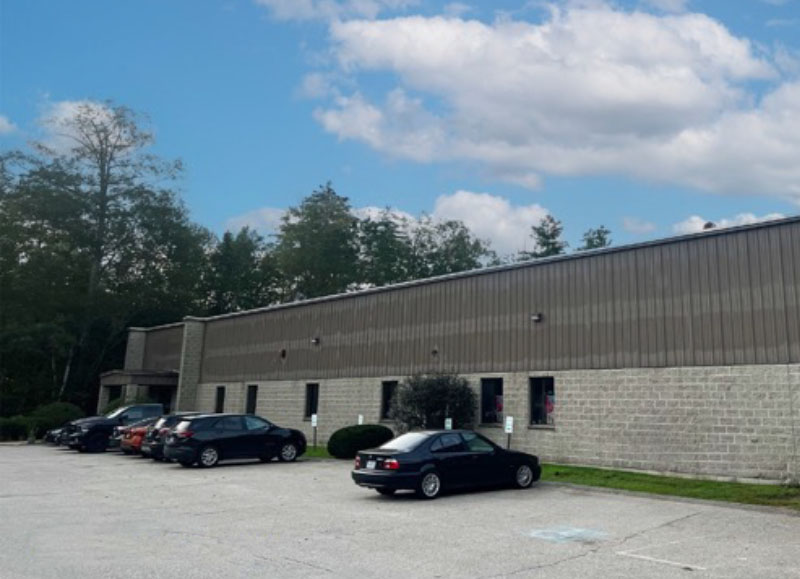NHCIBOR president’s message: Your voice counts - by Ralph Valentine

The Valentine Group
There were 2 bills floating around Concord which could have allowed the representation of parties to a real estate sale or lease without a license (HB1685 and SB334). That’s right, in the biggest financial transaction most consumers will undertake in their lifetimes, sometimes a few times over, the state legislature had given serious consideration to this idea. Rumor had it that the governor supported the bill.
But, because of the number of calls made to our senators and House representatives by you, the membership, and because of the hard work of Bob Quinn, Mary Truell, NHR’s Public Policy Committee and the CIBOR Public Policy Committee, HB1685 was killed and debate over SB334 came to an acceptable resolution.
If the new language for SB334 is adopted, the N.H. Real Estate Commission would not have to alter its current process for granting reciprocity, nor would it have to create or grant a temporary license to an out-of-state licensee. Meanwhile, a study commission to review all occupational licensing laws and regulations has been created, which will report their findings in November. You can be sure we will be tracking those findings.
While each member is only one voice, your voice counts. By responding to the call to action, you demonstrated the effectiveness of your one voice. As a result, we were victorious.
Unfortunately, we can never let our guard down. Keep an eye out for the next call to action and respond to it. Your voice counts.
Ralph Valentine is the 2018 president of the NH CIBOR, Bedford, N.H.







.png)
